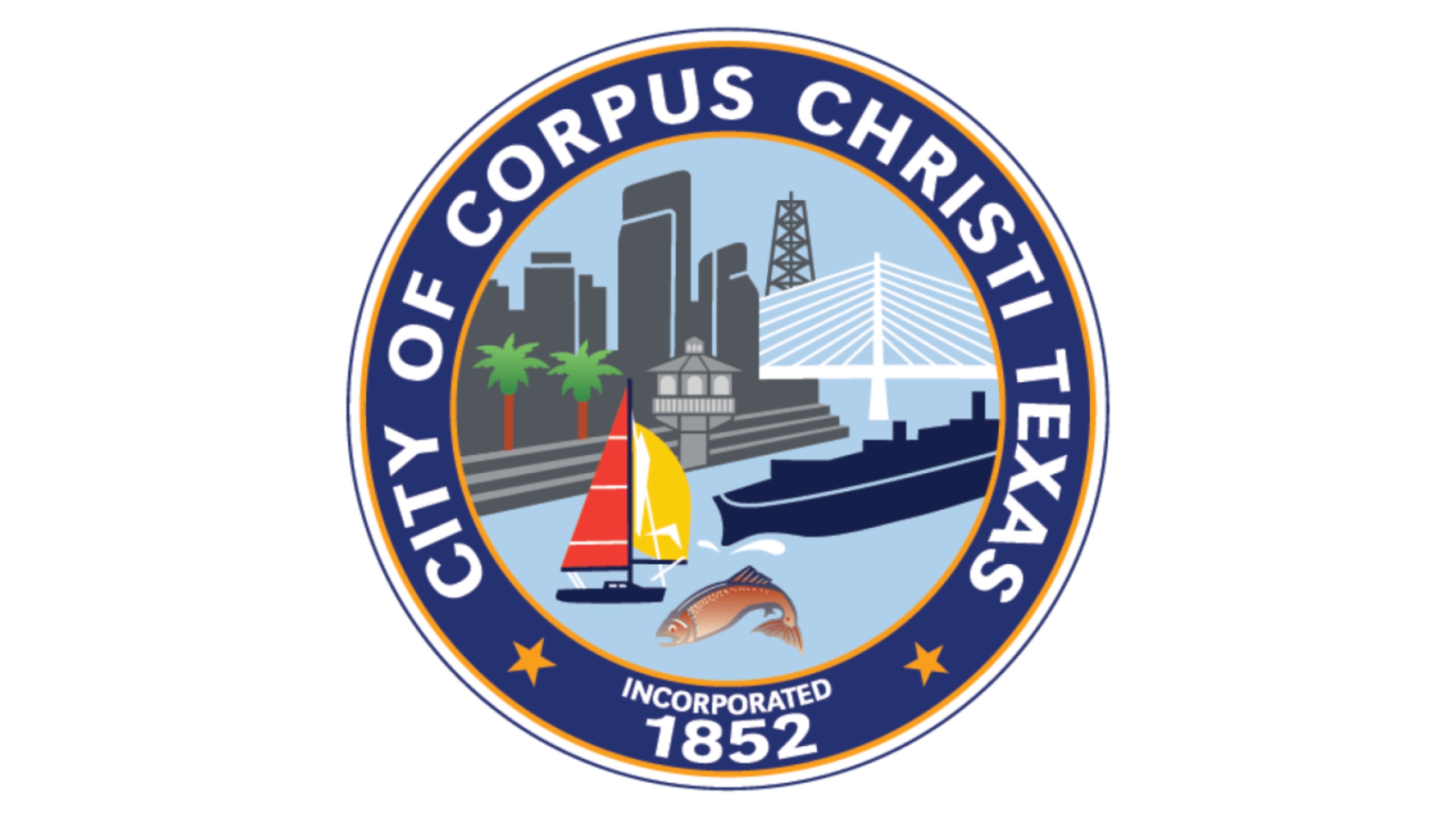In the aftermath of catastrophic hurricanes like Milton and Helene, much of the public focus is on the immediate response—the heroic rescues, shelters for displaced residents, and emergency services managing chaos on the ground. However, when the storms pass and the waters recede, the equally important, but often overlooked, work of long-term recovery begins. This phase is vital to restoring communities to a state of normalcy and ensuring they are better prepared for future disasters.
Understanding Long-Term Disaster Recovery
Long-term disaster recovery is a complex, multi-year process that encompasses the rebuilding of homes, infrastructure, businesses, and the broader social fabric of communities. It involves not only physical reconstruction but also economic recovery, mental health support, and future resilience planning. Unlike the immediate response phase, which may last days or weeks, long-term recovery extends for years, as communities work through the challenges of rebuilding and adapting.
This phase is essential because it addresses the long-term needs of those affected by disasters, ensuring communities don’t just survive, but thrive in the aftermath. The process typically involves collaboration between federal, state, and local governments, non-profit organizations, and private-sector partners. These partnerships are key to ensuring that recovery efforts are comprehensive, well-funded, and effective.
Lessons from Hurricane Milton
Hurricane Milton, a fast-moving but devastating storm, left coastal communities in the southeastern U.S. reeling. In the months following the storm, the focus has shifted from emergency response to rebuilding homes, restoring utilities, and clearing the vast amounts of debris left behind. Small towns, particularly those that rely on tourism or fishing, face a daunting path to economic recovery.
One of the critical lessons from Milton is the need for sustained financial support and expertise to help local businesses recover. Many small businesses, the lifeblood of local economies, were unable to reopen immediately, and the absence of these services further delayed the return of residents. Recovery efforts in the Milton-affected areas have also emphasized the importance of resilient infrastructure—building back in ways that can withstand future storms to prevent repeated devastation.
The Aftermath of Hurricane Helene
Hurricane Helene caused severe flooding across the Appalachians and Upper East Tennessee, regions not typically accustomed to hurricanes of such magnitude. The immediate response was swift, but the long-term recovery has proven more challenging. With bridges washed out, roads destroyed, and essential services disrupted, rebuilding infrastructure has been a top priority.
For the residents of these regions, the flooding has raised concerns about future preparedness. Many are calling for updated floodplain maps, improved water management systems, and better zoning regulations to prevent future catastrophes. Furthermore, public health challenges have emerged as communities struggle to restore clean water access and ensure the proper disposal of debris and hazardous materials.
The experience of Hurricane Helene has also highlighted the need for better mental health services. The psychological toll of the storm, compounded by the slow and sometimes frustrating pace of recovery, has been significant. Ensuring that mental health support is integrated into recovery plans has been a critical lesson for emergency management professionals in these regions.
The Role of Juvare Software in Long-Term Recovery
While the long-term recovery process is complex, modern technology plays a vital role in making it more efficient and coordinated. Juvare’s suite of products, including WebEOC Nexus, Crisis Track, and EMResource, helps communities manage the ongoing recovery efforts by streamlining data collection, facilitating communication between agencies, and ensuring that resources are allocated where they are needed most.
- WebEOC Nexus provides emergency managers with a comprehensive platform for coordinating recovery activities across multiple agencies and jurisdictions. It ensures real-time communication and transparent reporting, helping to avoid duplication of efforts and keep recovery efforts on track.
- Crisis Track simplifies FEMA documentation and helps manage damage assessments, which are crucial for securing federal disaster assistance. Accurate data is critical in the recovery phase, and Crisis Track ensures that recovery teams can effectively manage everything from debris removal to infrastructure rebuilding.
- EMResource supports healthcare systems in managing capacity and resources during extended recovery phases, ensuring that medical services remain available even as communities rebuild.
By incorporating these technologies, communities can recover more efficiently, laying the foundation for a more resilient future.
Long-term disaster recovery is essential to the health and sustainability of communities after devastating events like Hurricanes Milton and Helene. From rebuilding homes and infrastructure to restoring public services and businesses, recovery is a slow but vital process. By learning from the challenges and successes of recovery efforts in these storms, communities can better prepare for the future.
With the support of advanced technology like Juvare’s solutions, recovery efforts can be more streamlined, efficient, and resilient. As we continue to face increasingly severe weather events, the role of technology in disaster management and recovery will become ever more crucial.









